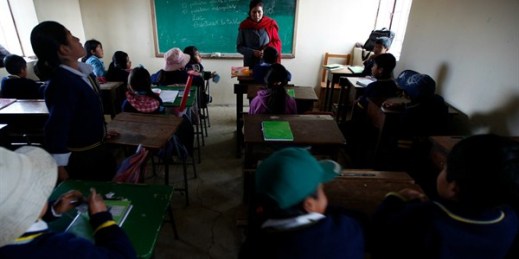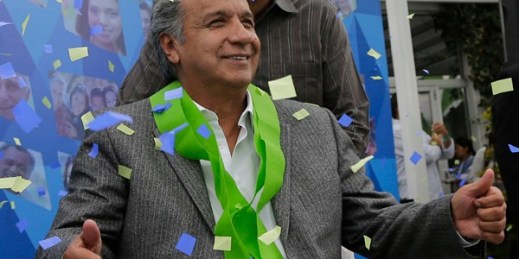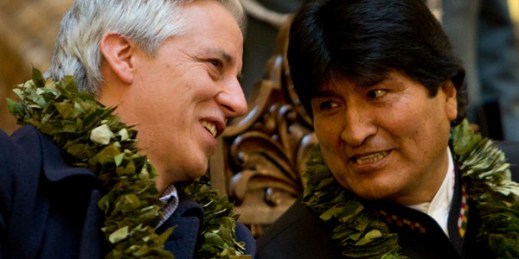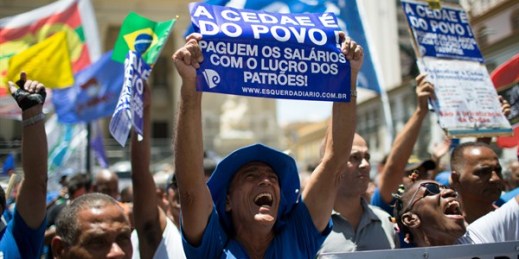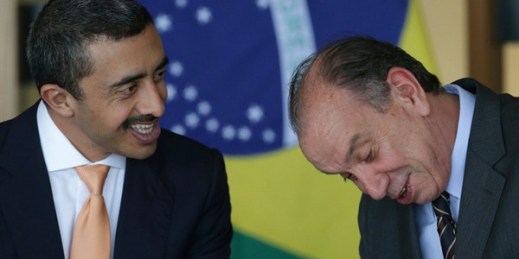
The protests and unrest that have wracked Venezuela over the past month, resulting in the deaths of at least 22 people, represent a sudden change from the malaise and passivity that had settled over the Venezuelan opposition from December to March. Through mid-March, there was a heavy sense of pessimism and fatalism on the streets of Caracas and other cities. President Nicolas Maduro’s government seemed to be consolidating its power; people were disillusioned with the opposition leadership; and the international community seemed unable to act. A few things are behind this recent surge in opposition activity. First, Latin American countries […]

